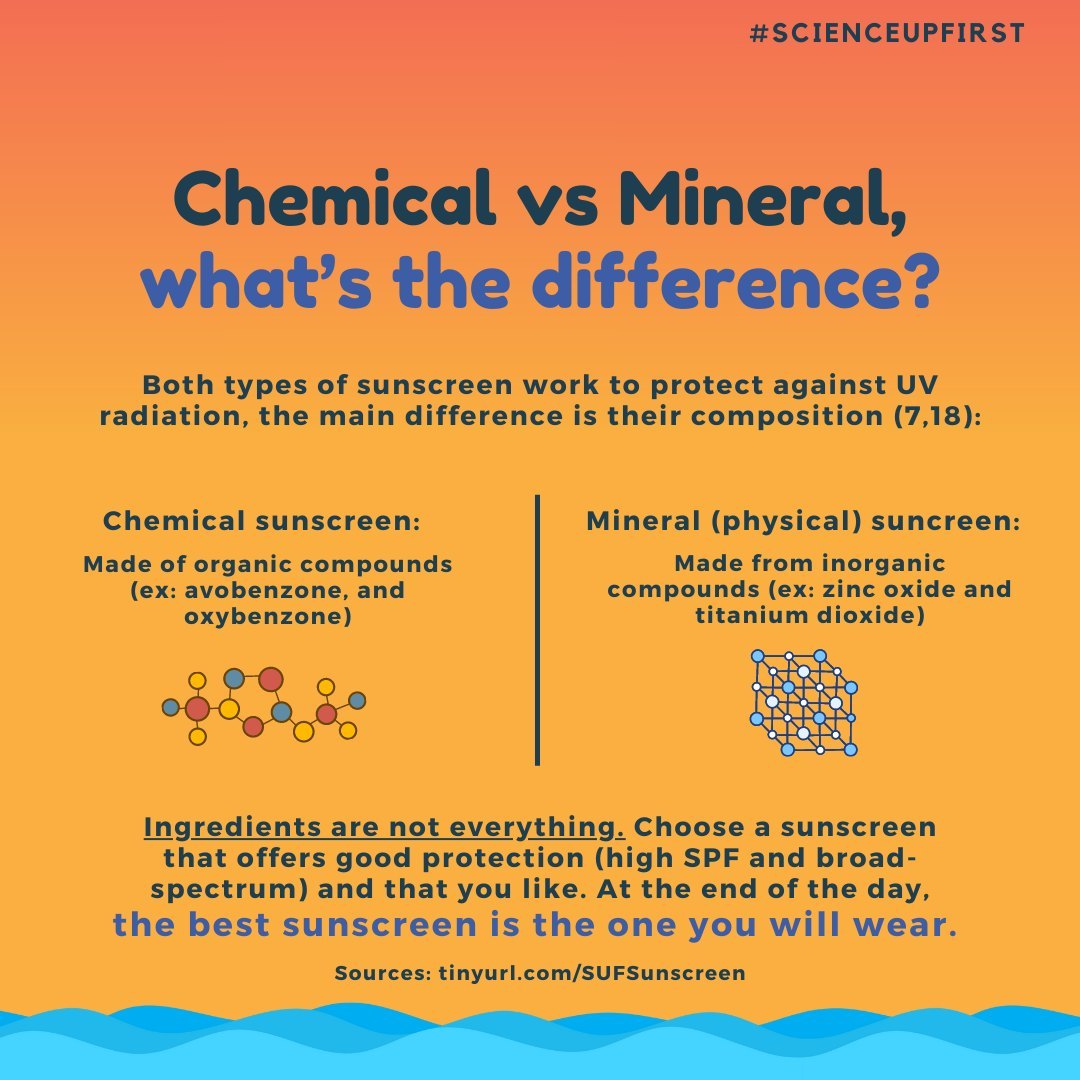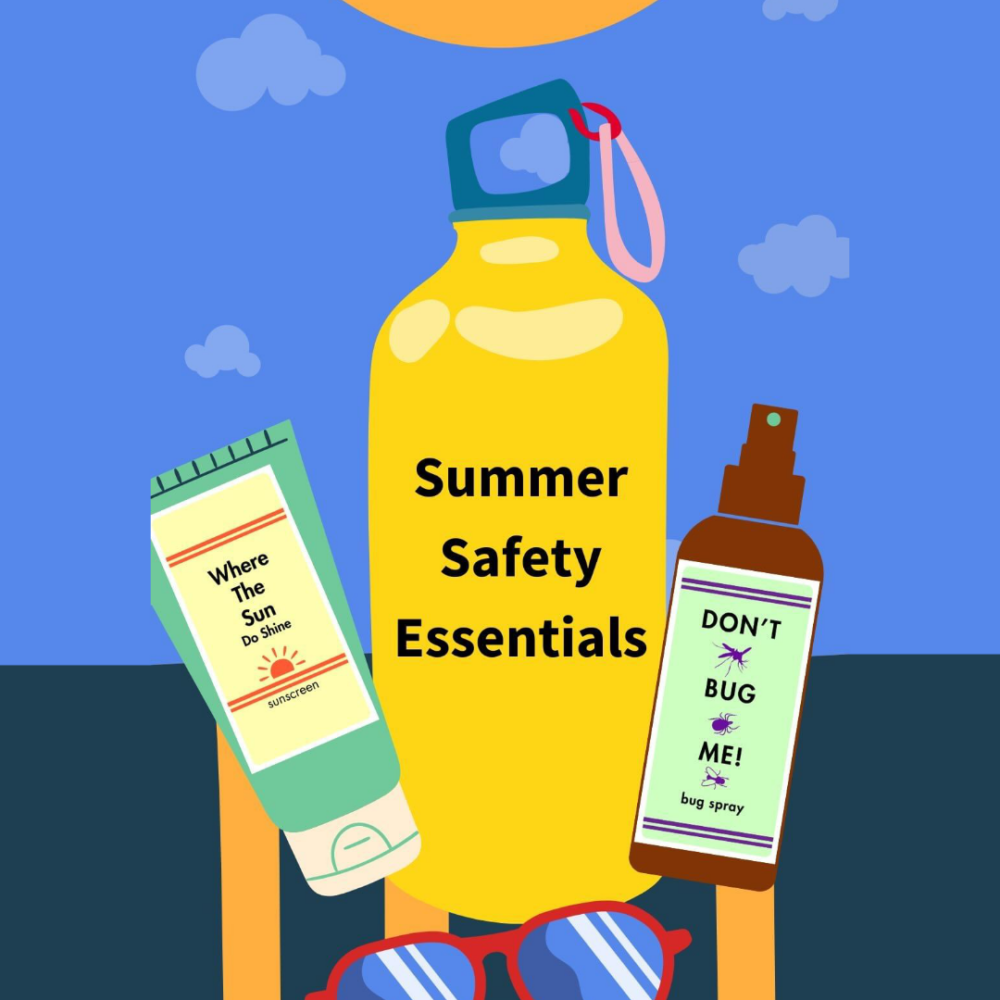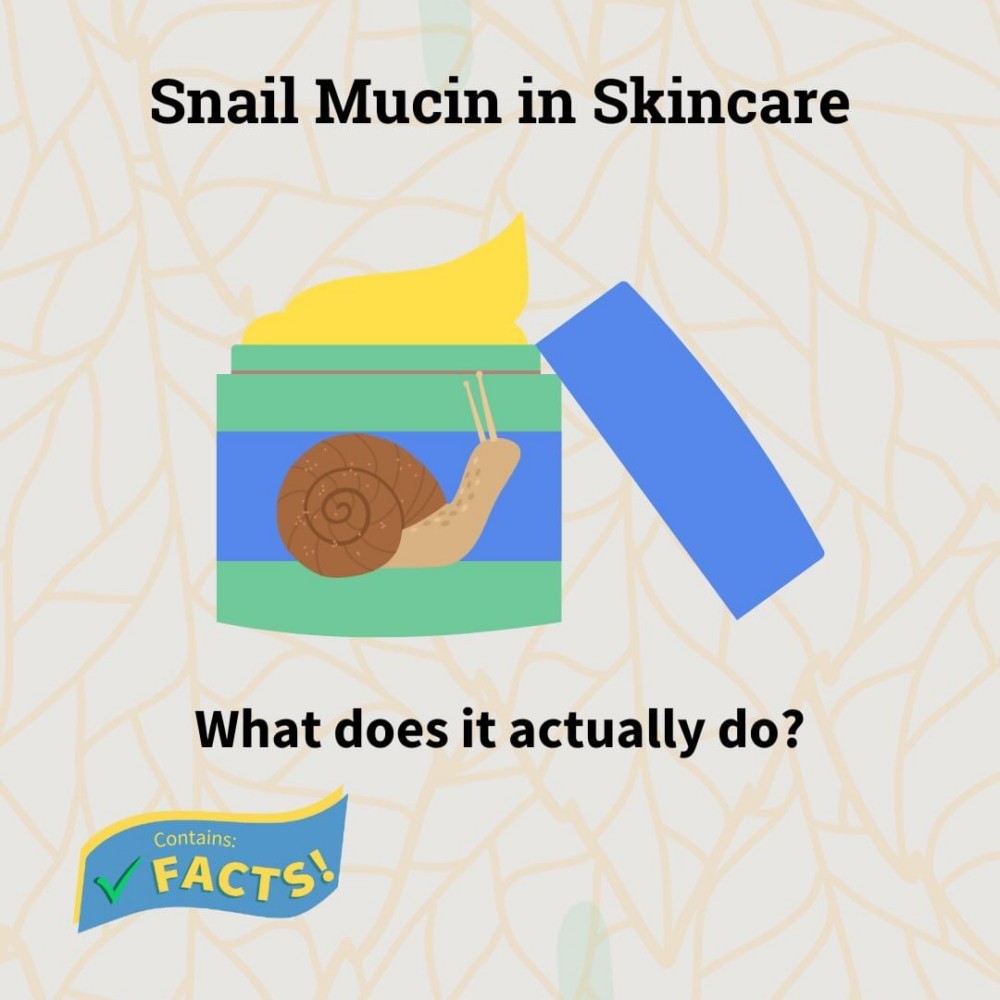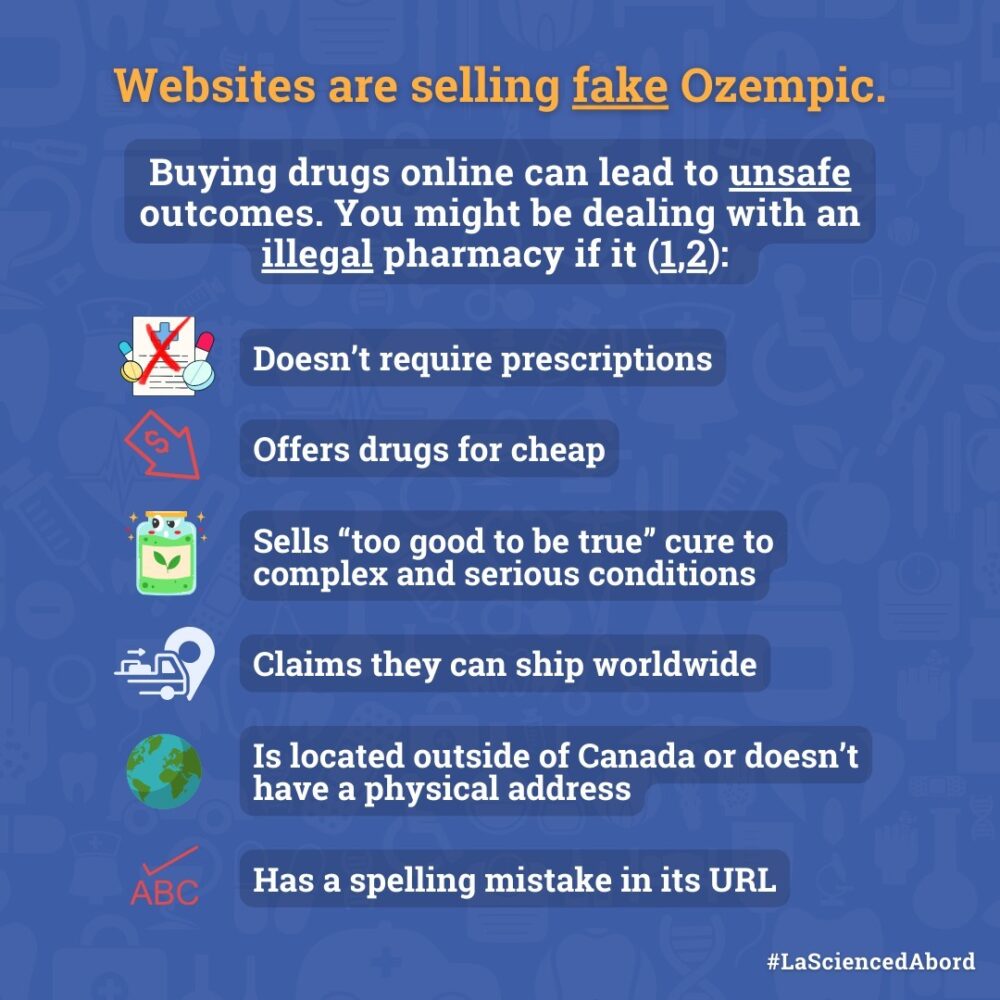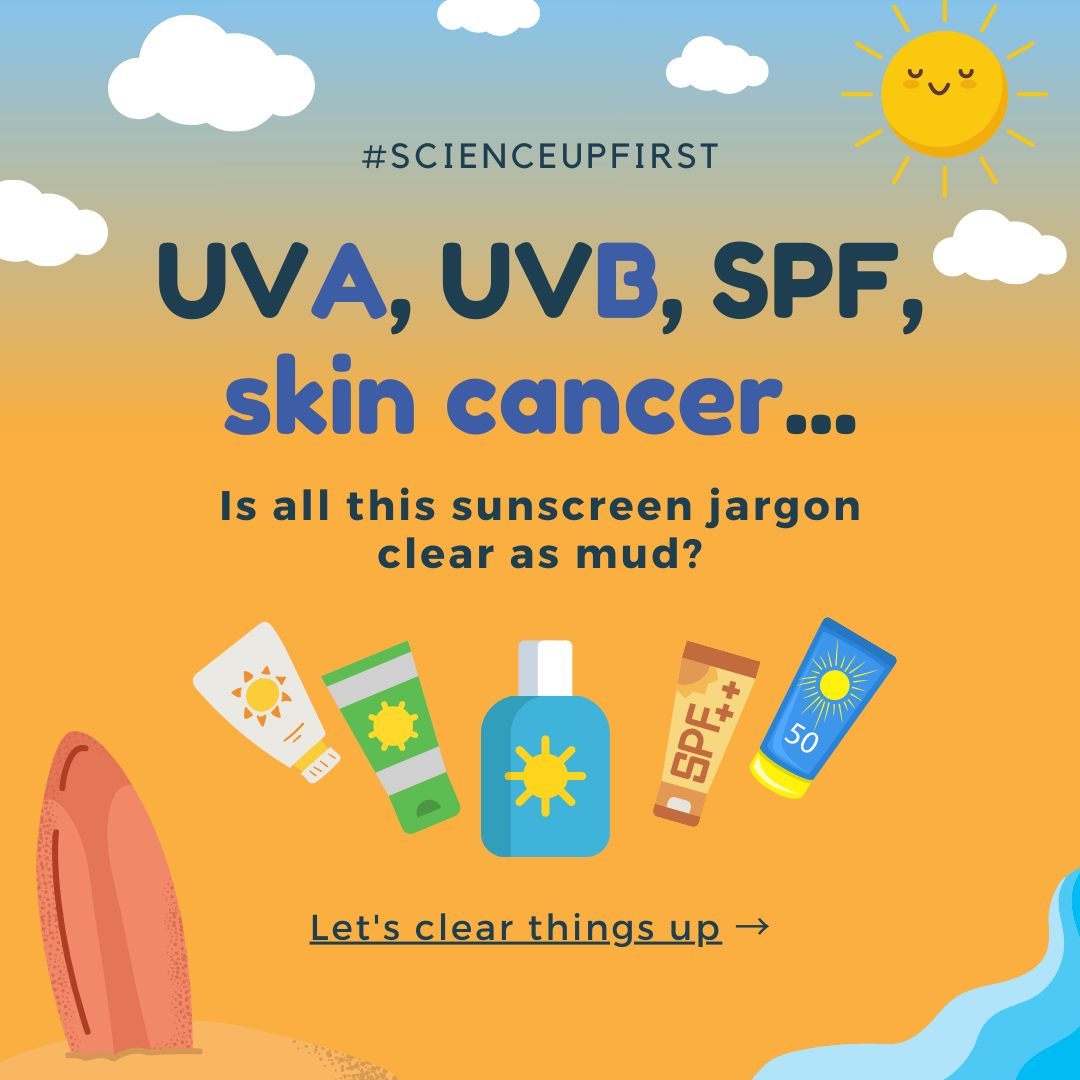
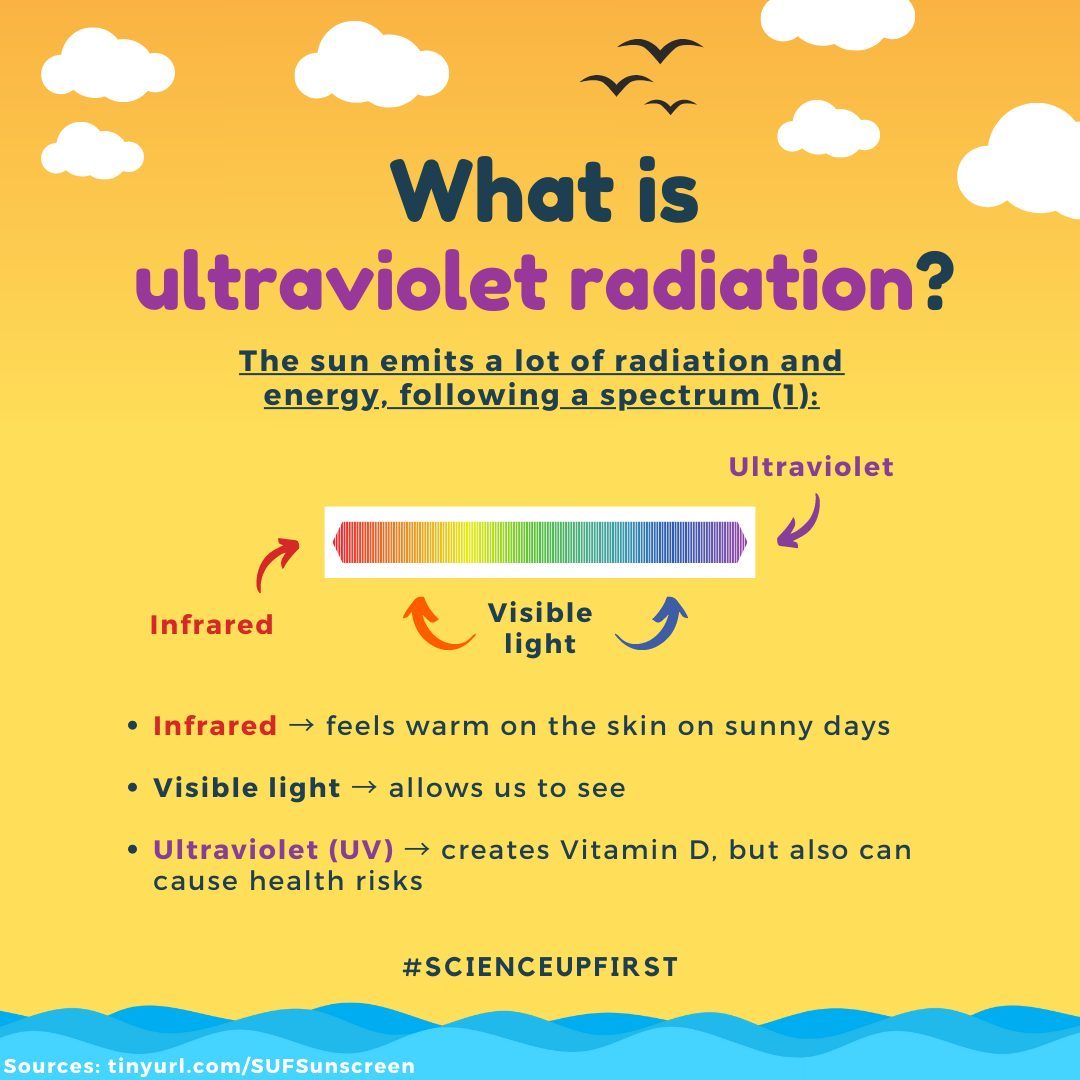
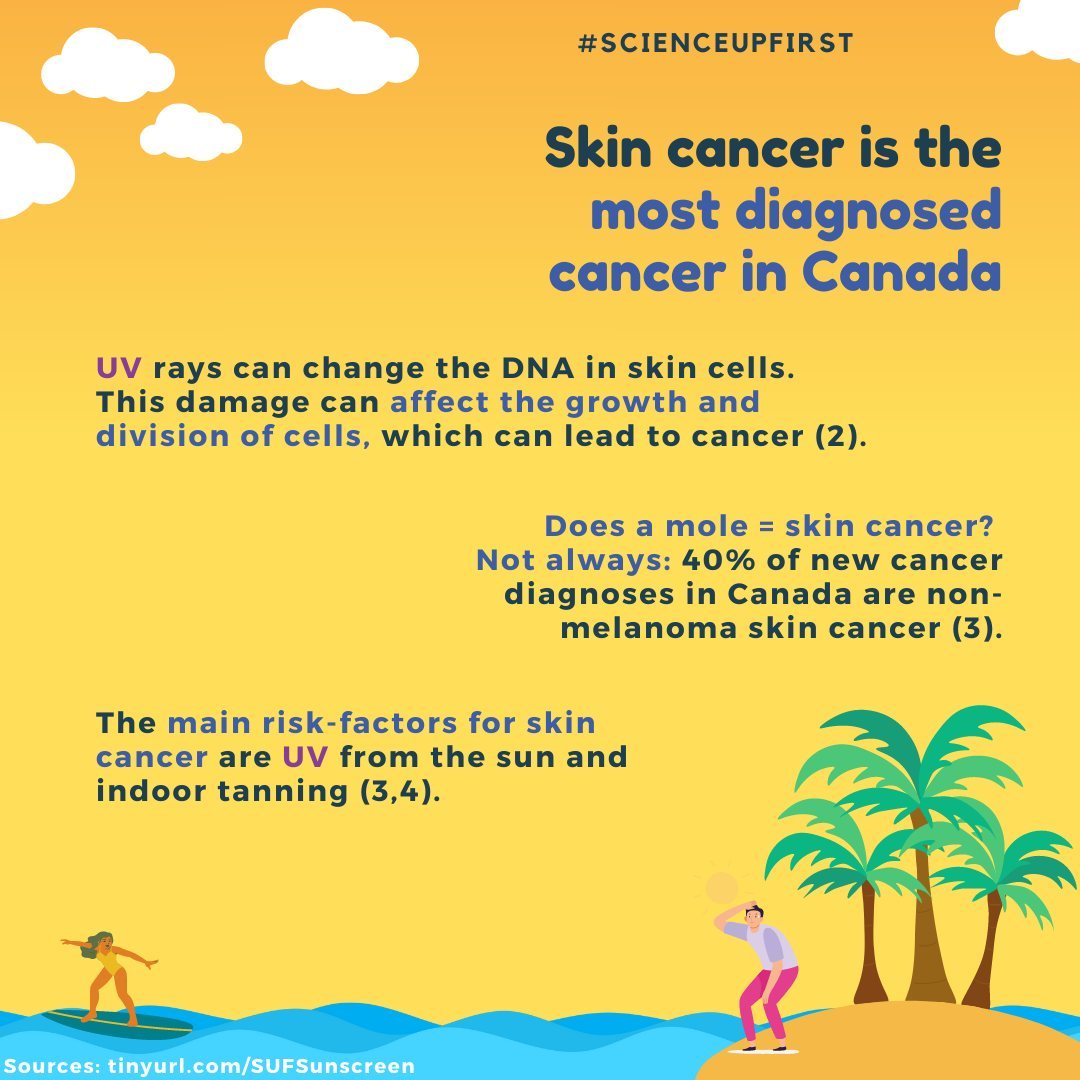
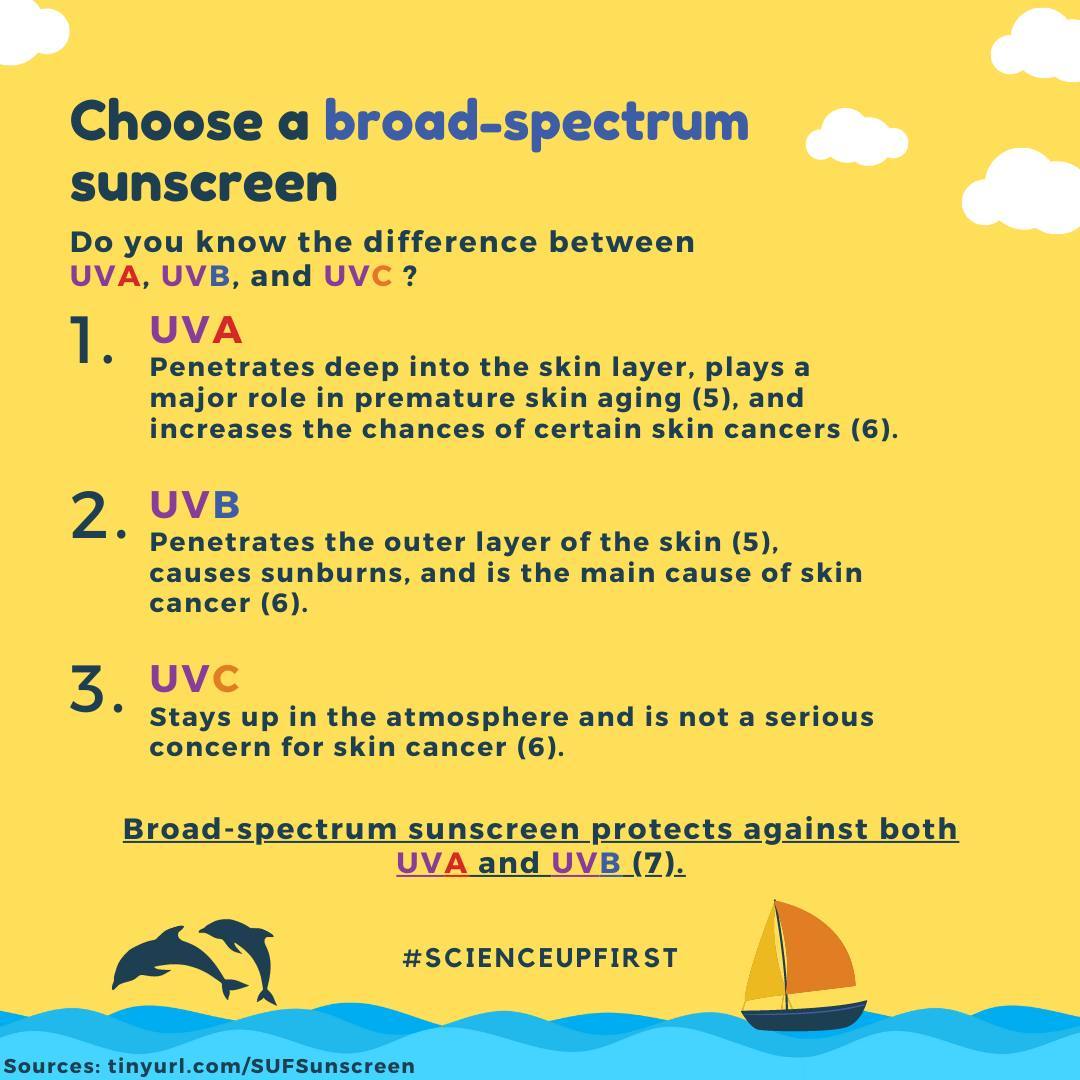
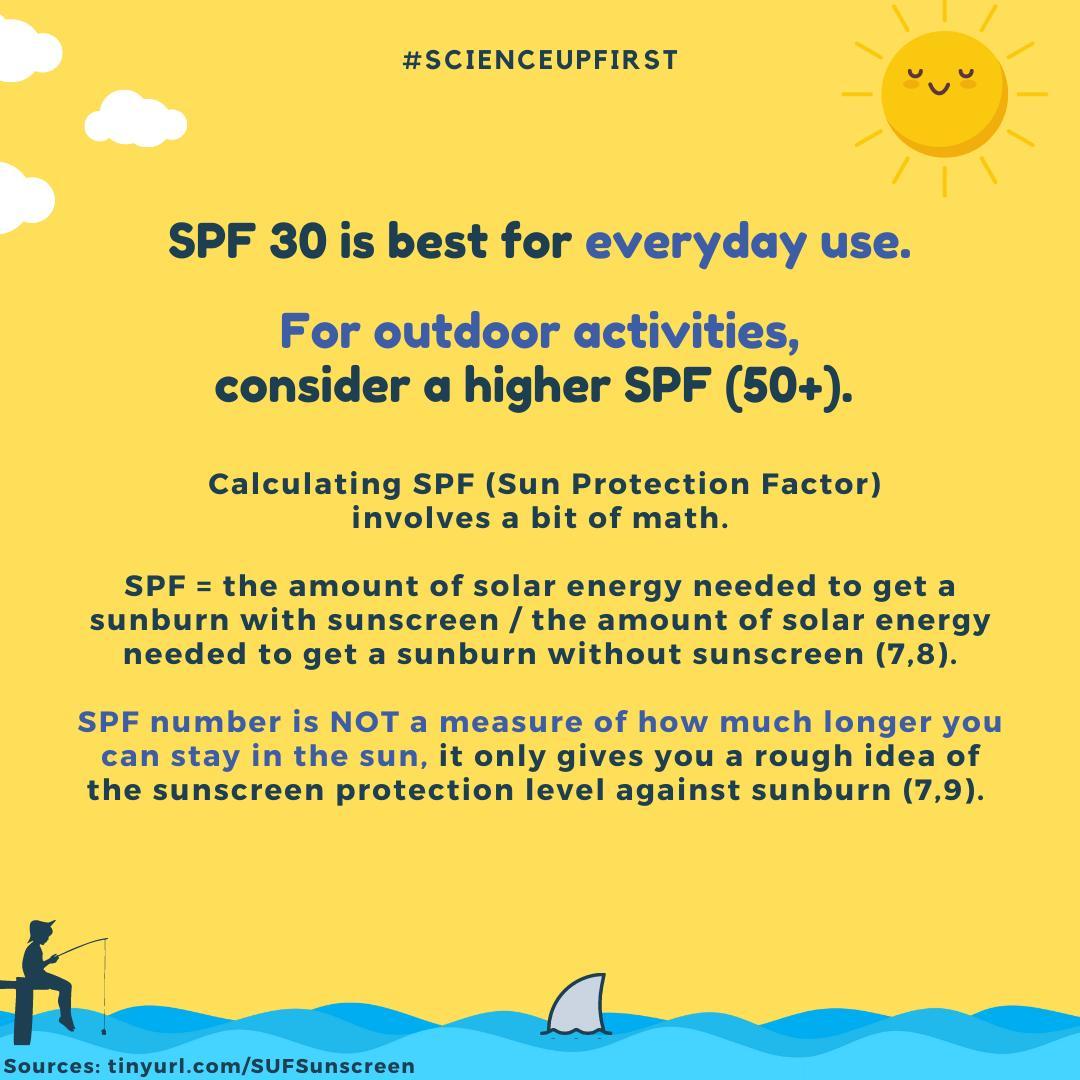
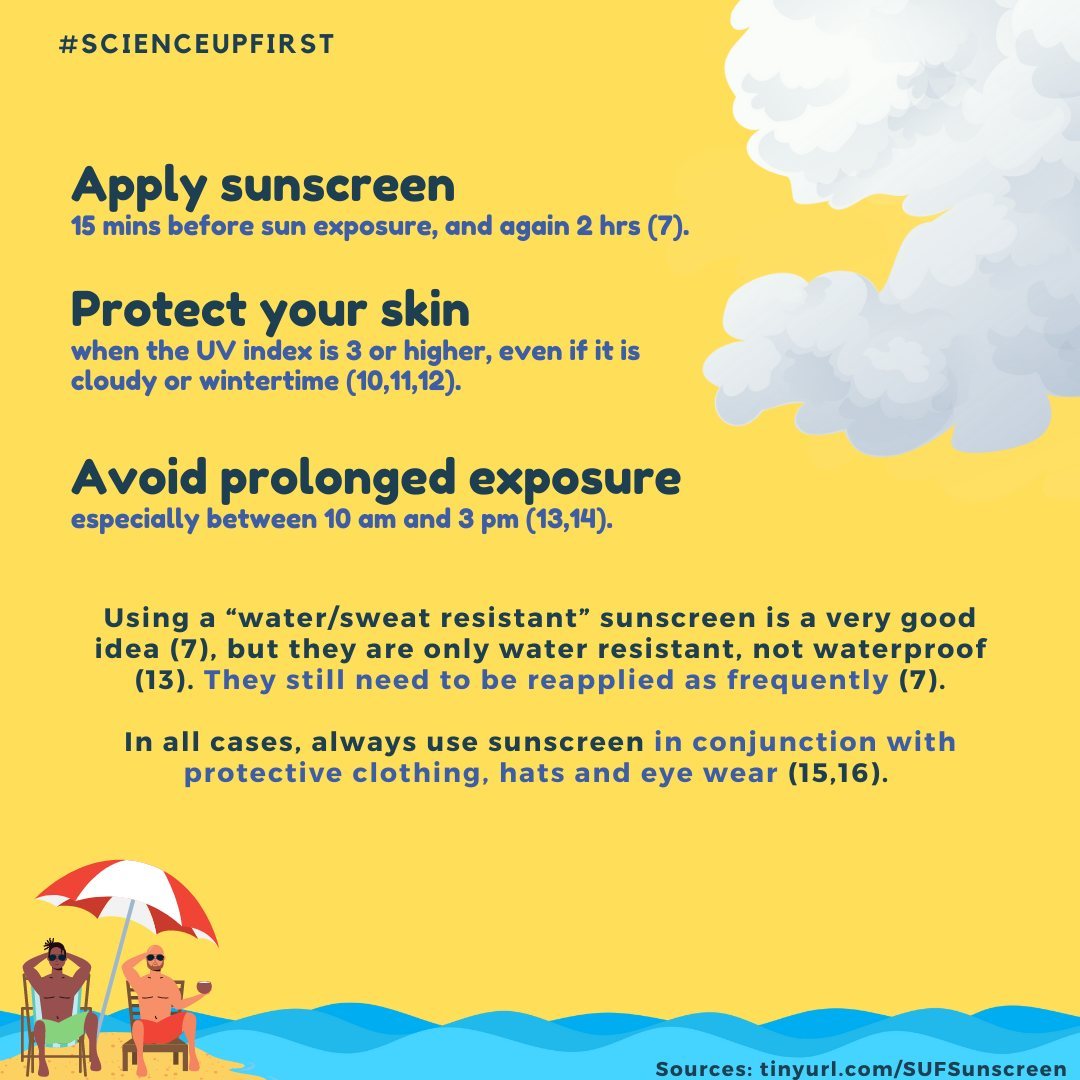
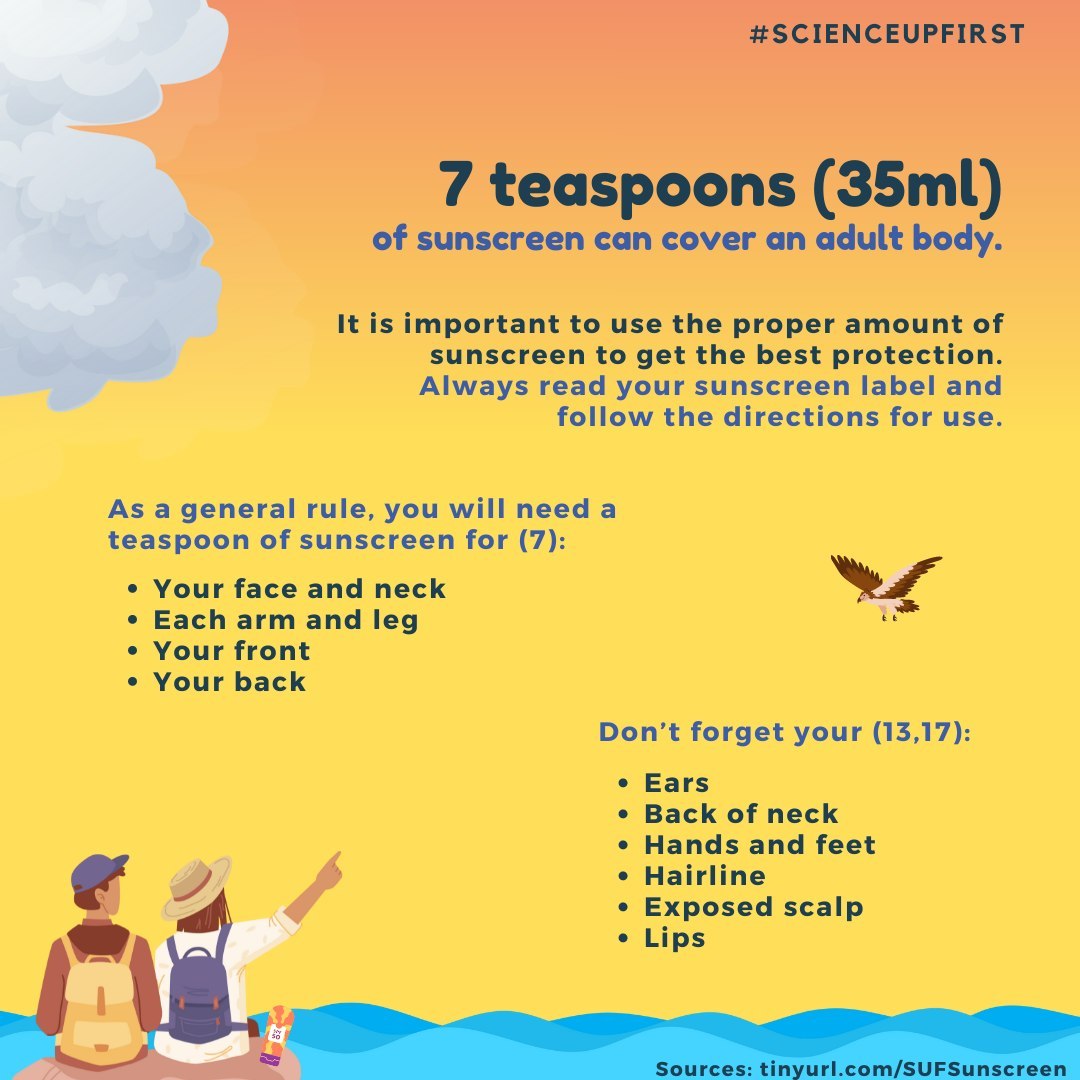
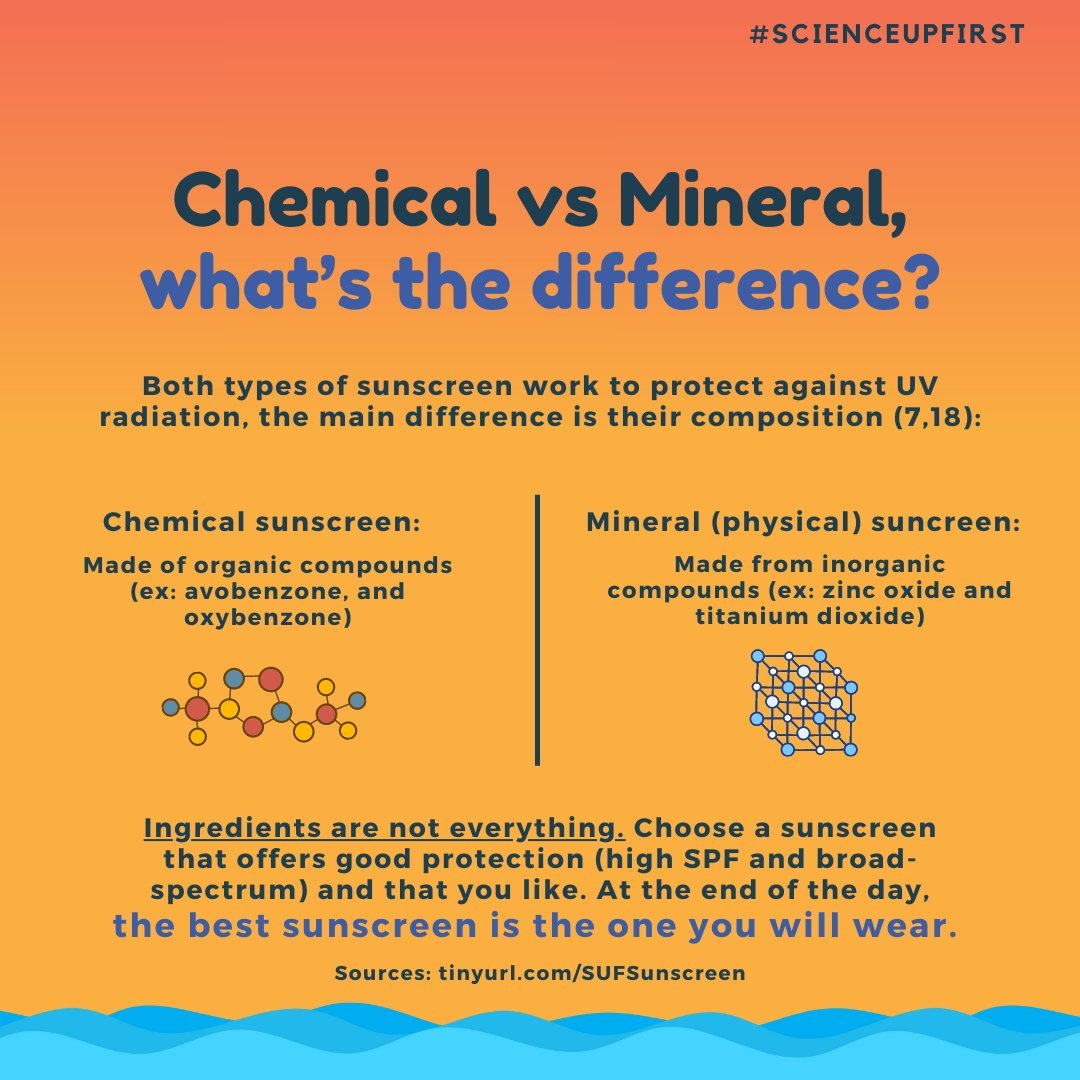
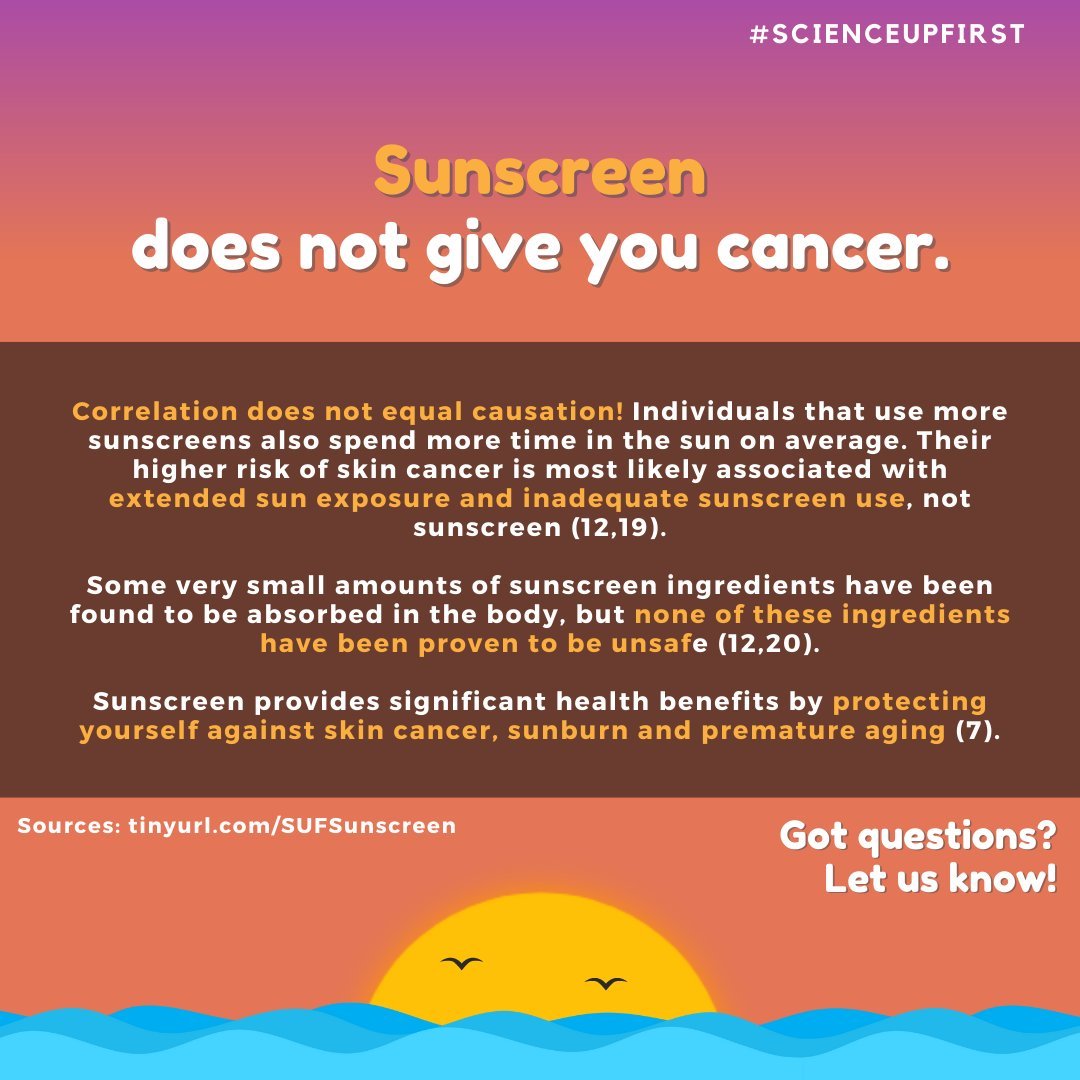
UVA, UVB, broad-spectrum, chemical, mineral, hybrid, SPF… Buying sunscreen can feel overwhelming, but it doesn’t have to be!
Here are a few things you should consider when buying and applying sunscreen:
- Choose a broad-spectrum sunscreen that will protect you against both UVA and UVB
- SPF 30 is best for everyday use, but consider a higher SPF when doing outdoor activities
- Chemical or mineral, choose a sunscreen that offers good protection and that you like
- Apply 15 mins before sun exposure and every 2 hrs after that
- You will need around 7 teaspoons to cover an adult body (Yes, that much!)
A huge thank you to Dr. Michelle Wong (@labmufinbeautyscience) for vetting this post. She is our go to for Beauty Science!
Do you find buying sunscreen difficult? Would you like us to clarify something else? We are here to help!
Share our original Tweet!
Whether it is a chemical or a mineral sunscreen – the best sunscreen is going to be the one you will wear.
Read the full post for more sunscreen related things to consider https://t.co/LNwOWnmbXh#ScienceUpFirst pic.twitter.com/GrRPqBLT7Q— ScienceUpFirst | LaScienced’Abord (@ScienceUpFirst) July 24, 2023
View our original Instagram Post!
View this post on Instagram
- What is ultraviolet radiation?
- What Causes Melanoma? | Causes of Melanoma Skin Cancer
- Risk factors for non-melanoma skin cancer
- Risk factors for melanoma skin cancer
- Photoaging – Canadian Dermatology Association
- Ultraviolet (UV) Radiation
- Sunscreens
- Sun Protection Factor (SPF)
- Sun Protection Factor Communication of Sunscreen Effectiveness: A Web-Based Study of Perception of Effectiveness by Dermatologists
- UV index and sun safety
- Sunscreen
- Spotlight on sun safety
- Sunscreen: How to Help Protect Your Skin from the Sun
- Sunscreen and Benzene Update
- Sunscreen FAQ
- Radiation: Sun protection
- SUNscreen Tips Poster – Sun-Safety
- How Do Sunscreens Work? The Science (with video)
- Sunscreen use and malignant melanoma
- Shedding More Light on Sunscreen Absorption

